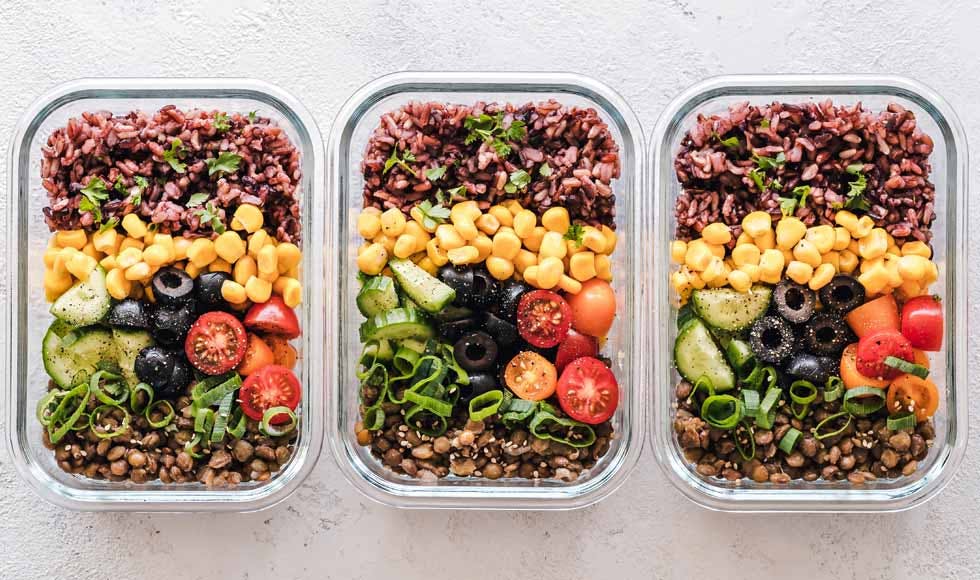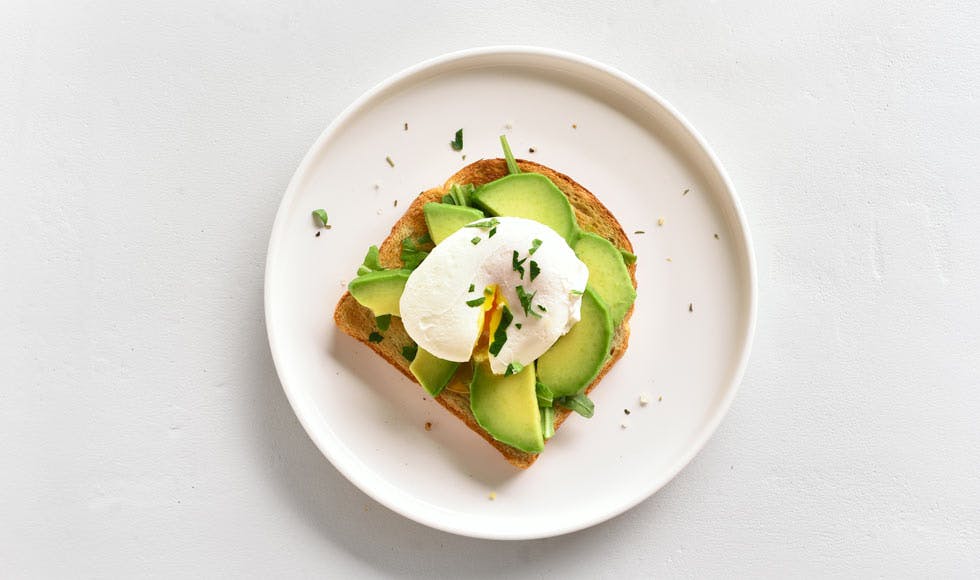Getting the right balance of carbohydrates in your diet
1. Know your goal
It's important to recognise that there is no "one-size-fits-all” when it comes to health.
Cutting back on carbohydrates may be a wise strategy if your exercise program is based around walking, and your goal is to reduce body fat.
However, carbohydrates are an important fuel source for intense exercise, and they provide energy to fuel your workouts when trying to achieve maximum athletic performance. If you are uncertain about the ideal quantity and timing of carbohydrates for your chosen activity, it helps to consult with a dietician.
2. Focus on quality
Low glycemic index (GI) carbohydrates found in beans, wholegrain pasta, oats and vegetables will digest slowly. This results in a small and continuous release of glucose into the blood stream, providing long-term energy.
Combining carbohydrate foods with lean
protein and quality plant
fats will also slow down the absorption of glucose.
Processed carbohydrates foods such as white bread, rice bubbles and soft drinks are absorbed faster, and are not as effective at providing long-term energy.
3. Get organised with your food
Whatever your goal - athletic performance, weight management or general wellbeing it helps to be organised and well prepared. Take control of your diet to ensure you eat low GI carbohydrates in moderate portions, along with plenty of vegetables and whole foods.
Foster habits such as planning your meals in advance, freezing healthy meals for a later date, shopping to a list, and always having healthy ingredients close at hand. It will save time, and reduce your reliance on last-minute food choices where healthy options can be hard to come by.






